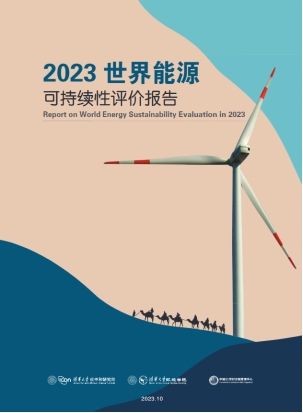
The sustainable transformation of the energy system is the foundation of global sustainable development. To support global energy sustainability, a joint team from Tsinghua University’s Institute of Carbon Neutrality and School of Environment, led by Lu Xi and Zhang Xian from the Administrative Center for China’s Agenda 21, has co-authored the “Report on World Energy Sustainability Evaluation in 2023”. The report reveals the imbalance of global energy sustainability development at the regional and national levels over the past decade. Addressing this issue requires closer and more practical cooperation among countries worldwide in the fields of energy and climate, including consistent actions in governance systems, financial investment, and technological research and development. To achieve the 2030 World Energy Sustainability Goal (SDG7), the report proposes four recommendations: first, accelerate energy transformation to ensure the coordinated development of energy sustainability in all dimensions; second, countries of all types should emphasize energy strategic priorities based on the results of energy sustainability assessments; third, focus on key technological advancements such as energy storage, CCUS, industrial and transportation electrification to drive energy sustainability; fourth, use “the Belt and Road” cooperation as a template to strengthen international cooperation at the global and regional levels for practical implementation.
Click the link below to download the executive summary of the report.
 Latest recommendations
Latest recommendations


